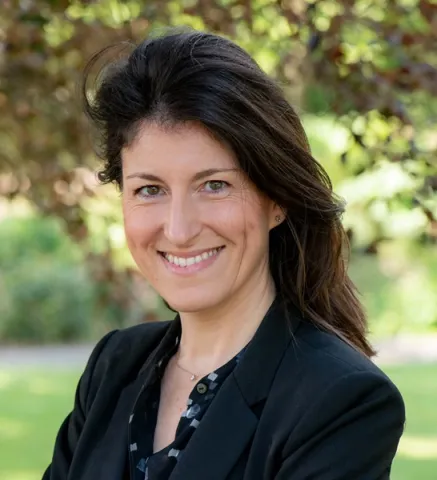Project overview
Musical events in early modern Europe have long been considered an essential part of the self-fashioning strategy of patrons and dominant classes, representing and symbolizing their wealth and intellectual finesse as well as promoting their cultural and political agendas. This interpretative key has been extremely effective in discussing the institution of patronage in early modern Europe, particularly in the contexts of the court and of religious institutions. Very few studies, however, have hitherto explored the ways in which music patronage changed during the second half of the seventeenth century, at a time in which profound social and cultural transformations influenced the production and consumption of music in radical ways. The emergence of commercial theaters in the 1630s in Venice had a profound impact on the institution of patronage, requiring that the aristocracy negotiate a new role to exert control over the genre of opera (Bianconi and Walker 1984; Glixon and Glixon 2006); women’s voices of dissent to the limitations imposed on them by male-dominated societies became increasingly loud and allowed for the emergence of a new awareness concerning the role of women in society, their function in public life, and their presence in the public cultural arena; forms of aristocratic collective patronage beginning from the middle of the seventeenth century gave rise to a new sense of municipal community. Based on an array of newly found archival materials—including account books, correspondence, inventories, contemporary chronicles, librettos, scores and contemporary iconographic evidence— my project addresses these questions for the first time, expanding our understanding of music patronage beyond the milieu of the court, and beyond gender and geographical boundaries.
My research sets out to explore these issues through the lives and deeds of two of the most prominent patrons in seventeenth-century Italy, Prince Lorenzo Onofrio Colonna and his wife Maria Mancini. During the thirty years in which Lorenzo Onofrio was head of the family, 1659-1689, the Colonna were the most influential and active agents in the musical life of Rome, where they resided: they sponsored an unprecedented number of operas, serenatas, oratorios, public ceremonies and carnival parades while supporting the careers of the most prominent composers, librettists, musicians and singers of the time. Furthermore, my research project looks beyond the geographical boundaries of the Eternal City. Following Lorenzo Onofrio Colonna and Maria Mancini through their personal and institutional travels—as lovers of opera to Venice (1663-1667), as Viceroyalties of the Kingdom of Aragon (1678-1681) and Naples (1688-1689) to Spanish territories—this project traces the journeys not only of scores and librettos, but also of the singers, composers and librettists whose art reached these far away corners of Europe, changing and transforming to serve diverse social and political purposes. The highly public relationship between Prince Colonna and his wife allows for an exploration of how gender and social status influenced the aims, motivations, and means of music and theatrical patronage of men and married women in early modern Europe.
My research sets out to explore these issues through the lives and deeds of two of the most prominent patrons in seventeenth-century Italy, Prince Lorenzo Onofrio Colonna and his wife Maria Mancini. During the thirty years in which Lorenzo Onofrio was head of the family, 1659-1689, the Colonna were the most influential and active agents in the musical life of Rome, where they resided: they sponsored an unprecedented number of operas, serenatas, oratorios, public ceremonies and carnival parades while supporting the careers of the most prominent composers, librettists, musicians and singers of the time. Furthermore, my research project looks beyond the geographical boundaries of the Eternal City. Following Lorenzo Onofrio Colonna and Maria Mancini through their personal and institutional travels—as lovers of opera to Venice (1663-1667), as Viceroyalties of the Kingdom of Aragon (1678-1681) and Naples (1688-1689) to Spanish territories—this project traces the journeys not only of scores and librettos, but also of the singers, composers and librettists whose art reached these far away corners of Europe, changing and transforming to serve diverse social and political purposes. The highly public relationship between Prince Colonna and his wife allows for an exploration of how gender and social status influenced the aims, motivations, and means of music and theatrical patronage of men and married women in early modern Europe.
